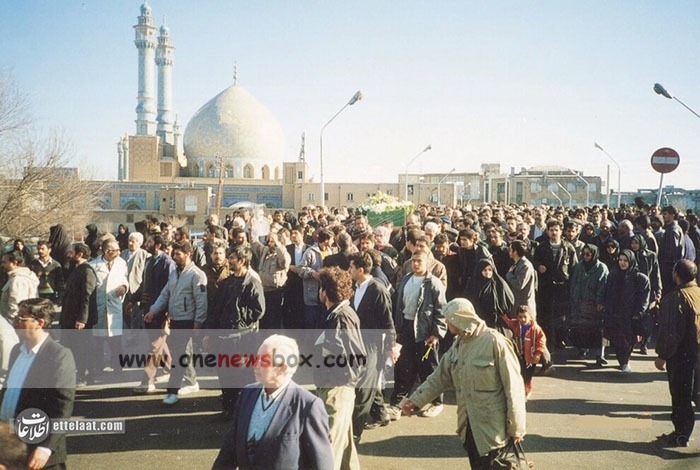Later Life and Legacy
Following his resignation, Bazargan remained politically active and continued to advocate for democratic reforms in Iran. He was often critical of the Islamic Republic’s authoritarian policies and pushed for greater political freedoms and adherence to the rule of law. Despite facing restrictions and periodic arrests, he remained a respected voice among Iran’s reformist and moderate factions.
Bazargan’s writings and speeches reflected his commitment to a rational and progressive interpretation of Islam, emphasizing the compatibility of faith and democracy. He believed that Islam could coexist with modernity, and he frequently argued against the clerical establishment’s monopolization of political power.
Throughout the 1980s and early 1990s, Bazargan continued to be an influential figure in Iran’s political landscape. Although he was largely marginalized by the ruling establishment, his ideas influenced subsequent reform movements and inspired a new generation of political activists seeking greater openness and democratic governance.

